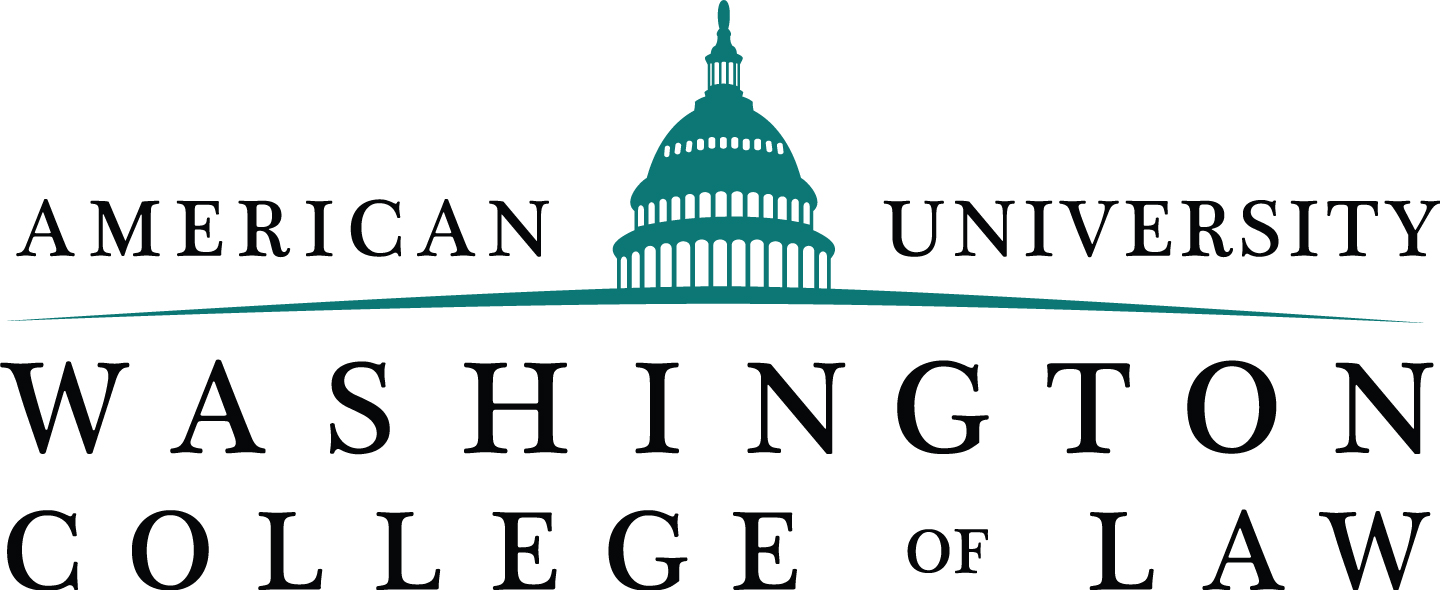Accrediting Agencies and Process
Educational accreditation agencies are often recognized by the Department of Education. These agencies perform independent and objective assessments of schools and their programs. They measure, assess and validate application procedures, educational content, financial stability, teaching staff and degree criteria.
An institution must comply with a set of rigorous standards and rules of procedure to be ABA-approved. The accreditation process for ABA requires that a law school be operating for at least one year, obtain provisional approval for three years, and then a full approval. These standards establish requirements for providing a sound program of legal education. “To be granted full approval, a school must demonstrate that it is in full compliance with each of the Standards (PDF, 6.9 MB),” according to the ABA’s Law School Accreditation Process. After a school receives full approval, its compliance with the standards is monitored through an annual questionnaire and periodic site evaluations.




